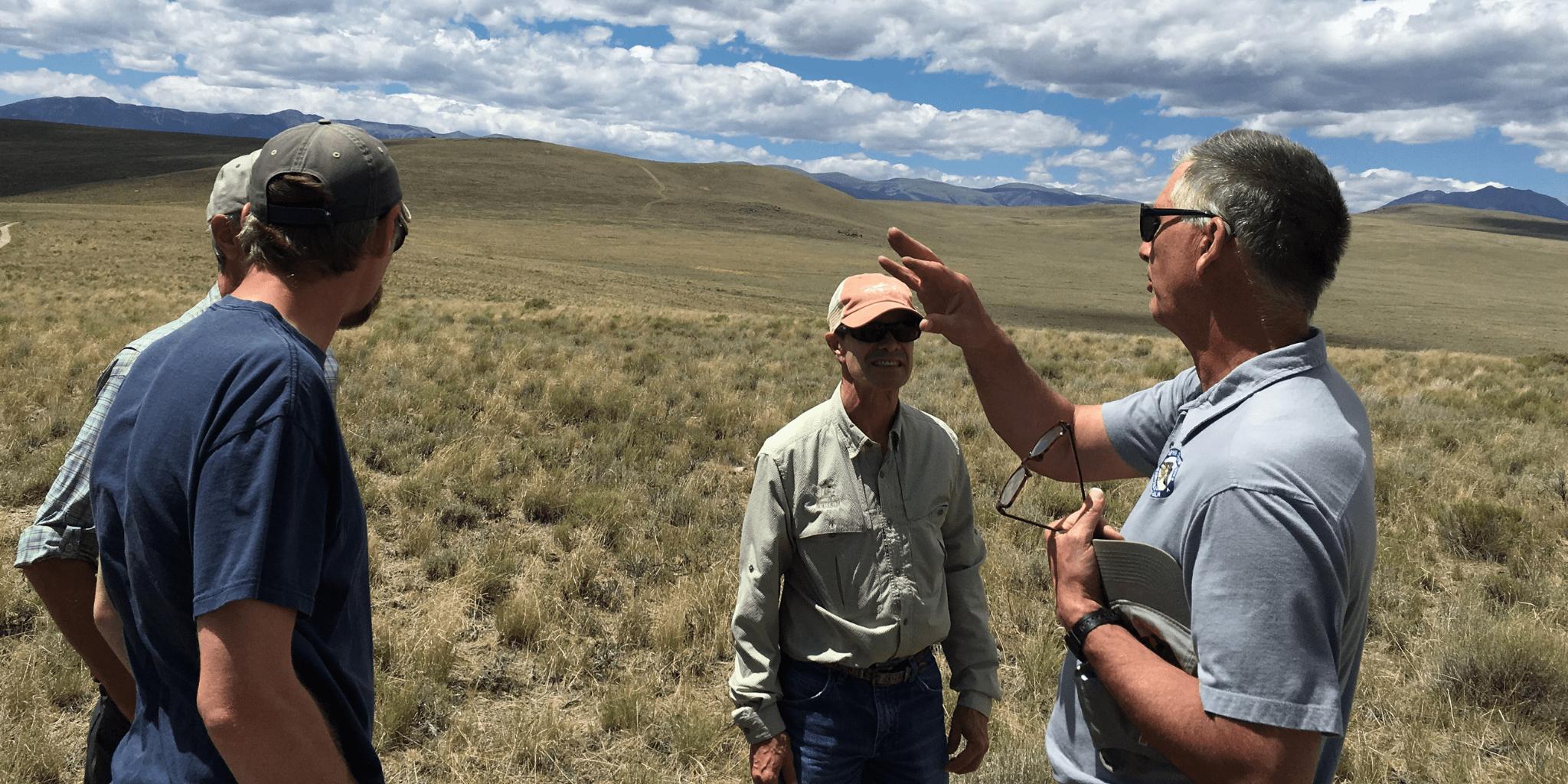We have much more to do and your continued support is needed now more than ever.
NWF Protecting Bighorn Sheep in the High Divide

What is Wildlife Conflict Resolution?
Where conflicts between livestock and wildlife are prolonged and intractable, the National Wildlife Federation (NWF) believes that public land grazing retirements can provide an equitable solution for ranchers and wildlife interests. In coordination with federal land managers, NWF negotiates a fair-market price with livestock producers to retire livestock grazing allotments that experience chronic conflict with wildlife, especially wolves, grizzly bears, bison, and bighorn sheep. This market-based approach recognizes the economic value of livestock grazing permits and fairly compensates producers for retiring their leases and has established an important new national model for resolving conflicts between livestock and wildlife habitat.
This model provides an alternate to litigation and has proven to be extremely cost-effective, averaging $3/ acre. Since 2002, NWF’s Wildlife Conflict Resolution Program has retired over 65 high-conflict grazing allotments across the west totaling more than 1.3 million acres. Ranchers are then able to reinvest the money back into their operation, away from potential conflict.
Protecting the “High Divide”
Most recently, NWF completed the retirement of three grazing allotments in Idaho’s “High Divide” that will eliminate the risk of disease transmission between domestic and wild sheep and reduce livestock depredation by wolves. Disease from domestic sheep has crippled bighorn populations across the west and creating separation between domestic and wild sheep is critical to their survivial.

The Crooked Creek, Mahogany Butte and Cedar Point-Eightmile domestic sheep allotments are vast and consist of 140,000 acres of prime sagebrush habitat in southern Idaho. For the past two years, NWF has been working to reach an agreement on these three allotments as domestic sheep permitted on the allotments pose a significant risk of disease contact to wild bighorn sheep in both the South Beaverhead and the South Lehmhi Mountains.
In addition, these allotments are within priority sage grouse habitat and are located within the “High Divide” wildlife corridor—critical habitat for expanding large carnivore populations that are pioneering East along this unique East-West wildlife pathway located West of Yellowstone National Park. This agreement is unique in that Cedar Point-Eightmile will be retired, while Crooked Creek and Mahogany Butte will be converted to cattle grazing, although at a significantly reduced amount to benefit wildlife. This is a win for wildlife and a win for local ranchers who are able to shift their ranching operation in a way that is more compatible with wildlife.
You Can Help!
National Wildlife Federation is working across the west to expand wildlife populations and protect critical habitats. NWF members have played a significant role in this work through our “Adopt a Wildlife Acre” program—for only $3/acre, conflicts on public land can be permanently resolved. We are working across the west and are in the process of finalizing two additional retirements in Colorado to protect struggling bighorn sheep populations. This year we look forward to more opportunities across the west, including Nevada, Colorado, and New Mexico. With your help, NWF looks forward to protecting over 300,000 acres of wildlife habitat by the end of 2019!
Adopt a Wildlife Acre!





















